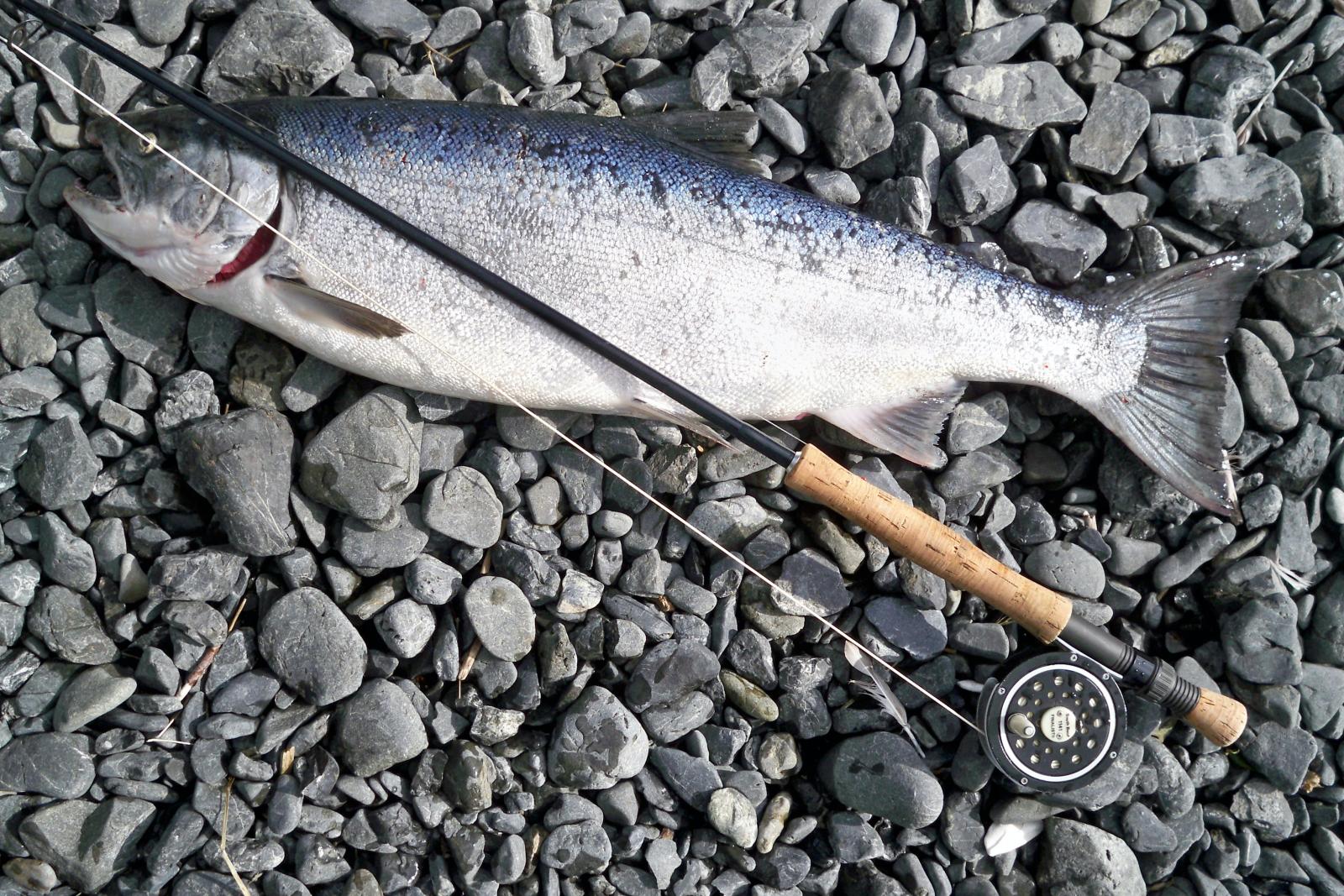 Pexels, Marsh Williams
Pexels, Marsh Williams

Swimming Upstream: The Impact of Farmed Salmon
Jed Coiley explores why farmed salmon might not be the sustainable option it’s often touted to be.
Farmed salmon is one of the most popular fish eaten in the UK and is also the UK's biggest food export. Oily fish is heralded for its health credentials, including the benefits of it being high in omega 3. Farmed fish like Scottish salmon is also promoted as a sustainable choice because of its potential to relieve pressure on wild fish populations.
However, research by the charity Feedback has shown that most of the omega 3 in farmed salmon is delivered through the inclusion of wild fish in their feed. In fact, the Scottish salmon industry uses about 460,000 tonnes of wild fish a year to feed its farmed salmon – this is about the same as all the fish consumed by UK adults each year. Most of this wild fish could be eaten directly, so it is a very inefficient way of getting those omegas!
On top of this, Scottish salmon farming can be very wasteful. Large-scale death from disease, poor treatment and pollution on farms is the norm: in 2016, almost a quarter of Scottish salmon were thrown away.
ARE THERE PLENTY OF OTHER FISH IN THE SEA?
Feedback has found that by eating some of these wild fish directly, instead of converting them to fish food, we could leave 59% of them in the sea. This means we do not need to cut out seafood completely, but rather switch our choices.
If we get more creative with our diets and include a wider variety of ecological options such as mussels, herring, sardines and crab, we can have a healthy diet without contributing to the many environmental problems associated with salmon farming. This more varied diet could result in leaving leaving 354,000 tonnes of wild fish to swim free.
HOW CAN WE PROTECT FISH STOCKS?
- We can start by changing our fish-eating habits. That means eating more herring, sardines, mussels and crab, and less salmon and cod.
- Next, we can choose carefully where we buy our fish from, focusing on places that put sustainable fish stocks first. Check out Sustainable Fish Cities, a campaign by Sustain which helps caterers and restaurants serve sustainable fish meals, to find out which London businesses have signed the pledge to buy and promote sustainable fish.
- Finally, we can spread the word. Sustainable fish is a complicated subject, but lots of people making simple changes such as these can make a big difference.
Written with input from Ruth Westcott and Christina O’ Sullivan.
London Food Link: London Food Link brings together community food enterprises and projects that are working to make good food accessible to everyone in London to help create a healthy, sustainable and ethical food system for all.
Sustain
The Green House
244-254 Cambridge Heath Road
London E2 9DA
020 3559 6777
sustain@sustainweb.org
Sustain advocates food and agriculture policies and practices that enhance the health and welfare of people and animals, improve the working and living environment, promote equity and enrich society and culture.
© Sustain 2026
Registered charity (no. 1018643)
Data privacy & cookies
Icons by Icons8